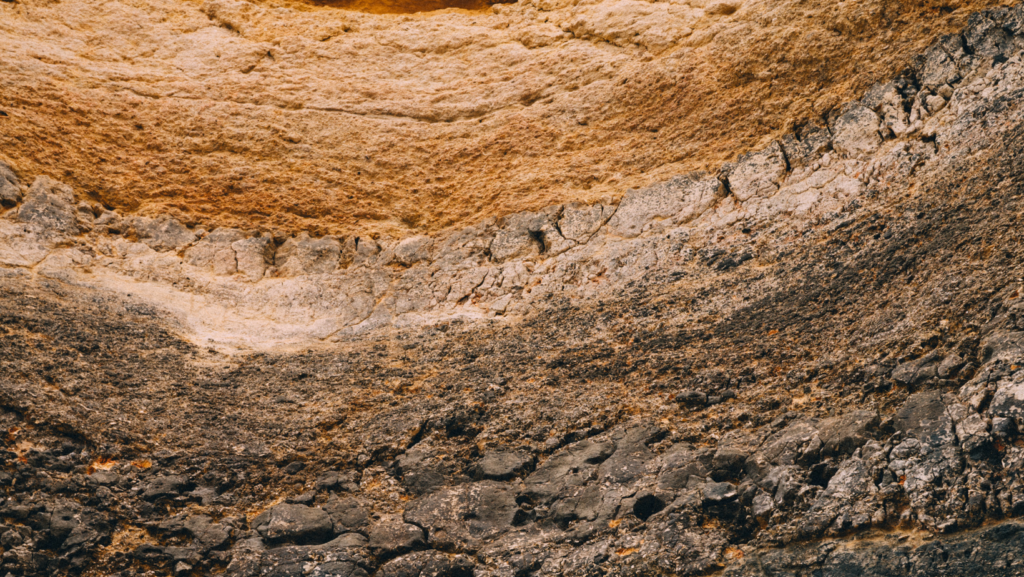
World Soil Day
World Soil Day, celebrated every year on December 5th, was established to raise public awareness about the importance of soil in our daily lives. The idea of creating a day dedicated to soil was promoted by King Bhumibol Adulyadej of Thailand and officially recognized by the FAO (United Nations Food and Agriculture Organization) in 2013. This day highlights the challenges related to soil protection and promotes the sustainable management of soil resources.
The importance of soil for beverage and wine production
Soil is fundamental to agricultural production, particularly for vineyards and beverage production. In vineyards, for example, soil quality directly impacts vine growth and the complexity of the wine produced. Fertile soils, rich in nutrients, promote the growth of healthier, more aromatic grapes, essential for creating high-quality wines. However, soil health is increasingly threatened by climate change, intensive pesticide use, and pollution.
According to the FAO, over 33% of the world’s soils are degraded, with significant losses in biodiversity and productivity. This phenomenon directly impacts the production of food and beverages, including wines. The greatest risks involve soil erosion, loss of organic matter, and compaction, which reduce the soil’s ability to retain water and nutrients, making it less fertile.
Environment and soil: A fragile balance
The current environmental crisis is accelerating soil degradation. Pollution, uncontrolled urbanization, and deforestation are reducing soil quality. In viticulture, extreme events like floods or droughts, exacerbated by climate change, are making it increasingly difficult to maintain fertile soil. In many cases, the soil can no longer regenerate fast enough to support sustainable wine production.
Initiatives to protect soil: Towards sustainable production
The good news is that several global initiatives are underway to protect and regenerate the soil. For example, adopting sustainable farming practices like organic agriculture and crop rotation helps maintain soil fertility. The use of cover crops also reduces soil erosion and improves its structure.
In many countries, soil regeneration initiatives are being promoted, such as reintroducing organic materials into fields and using technologies to monitor soil health. In Italy, for instance, some vineyards are experimenting with natural composting techniques to improve soil quality without harmful chemicals.
Machinery for soil improvement: Innovation for the future
Technological innovation plays a key role in protecting and improving soil. Advanced agricultural machinery, such as rippers and plows, help break soil compaction, facilitating better water infiltration and aeration. Soil monitoring systems use sensors to detect soil quality and moisture, allowing farmers to intervene promptly to correct any issues.
Additionally, low environmental impact machinery, designed to reduce the ecological footprint during farming operations, is becoming increasingly common. These devices not only improve soil quality but also reduce energy consumption and greenhouse gas emissions, contributing to greener and more sustainable agriculture.
A look to the future: Protecting soil for future generations
The future of wine and other beverage production depends on our ability to protect the soil. World Soil Day reminds us how crucial it is to act now to preserve this essential resource. Investing in sustainable technologies and environmentally friendly agricultural practices is not just a necessity but a commitment to a greener and more regenerative future.



